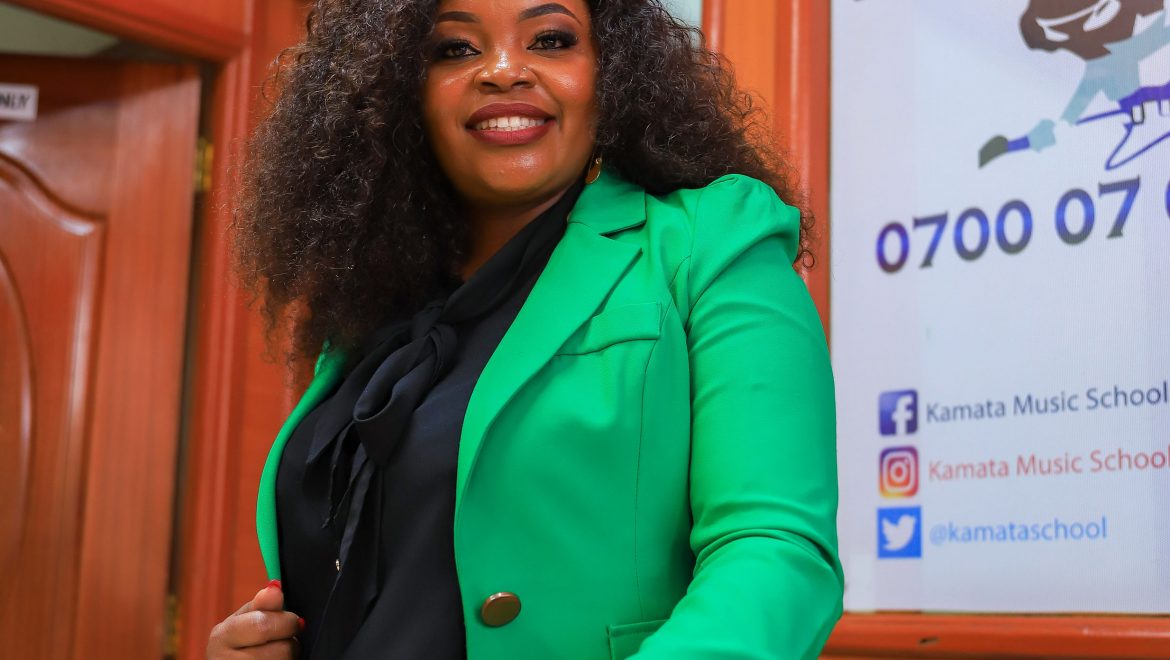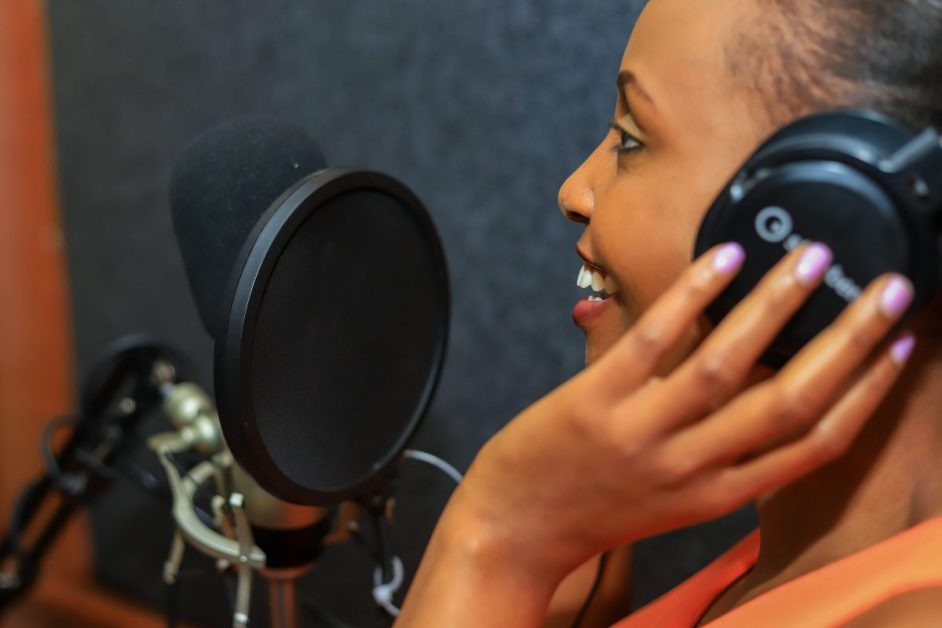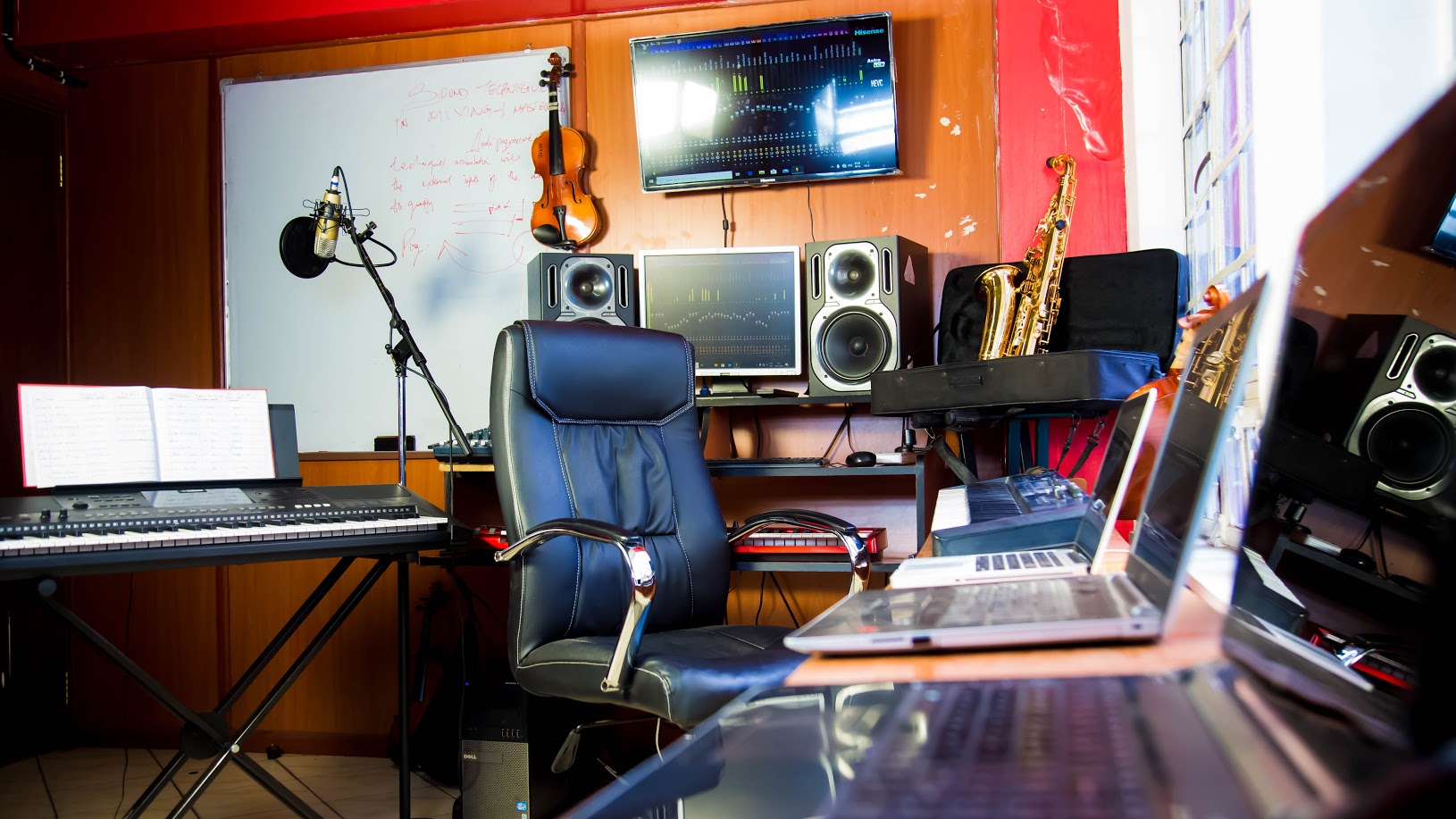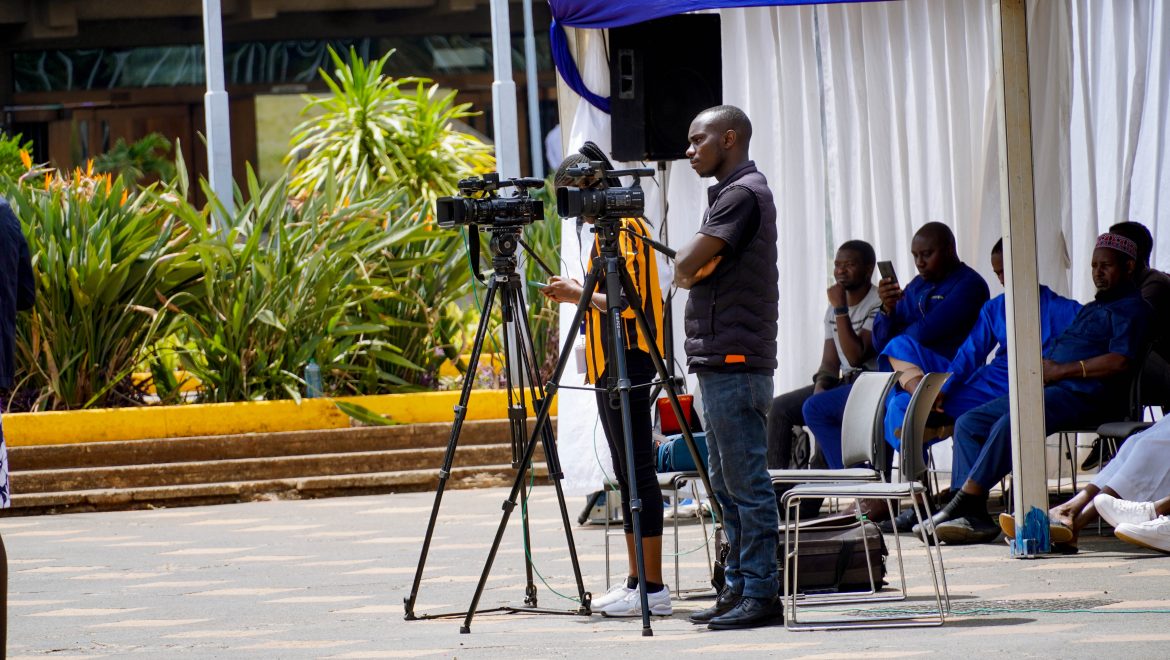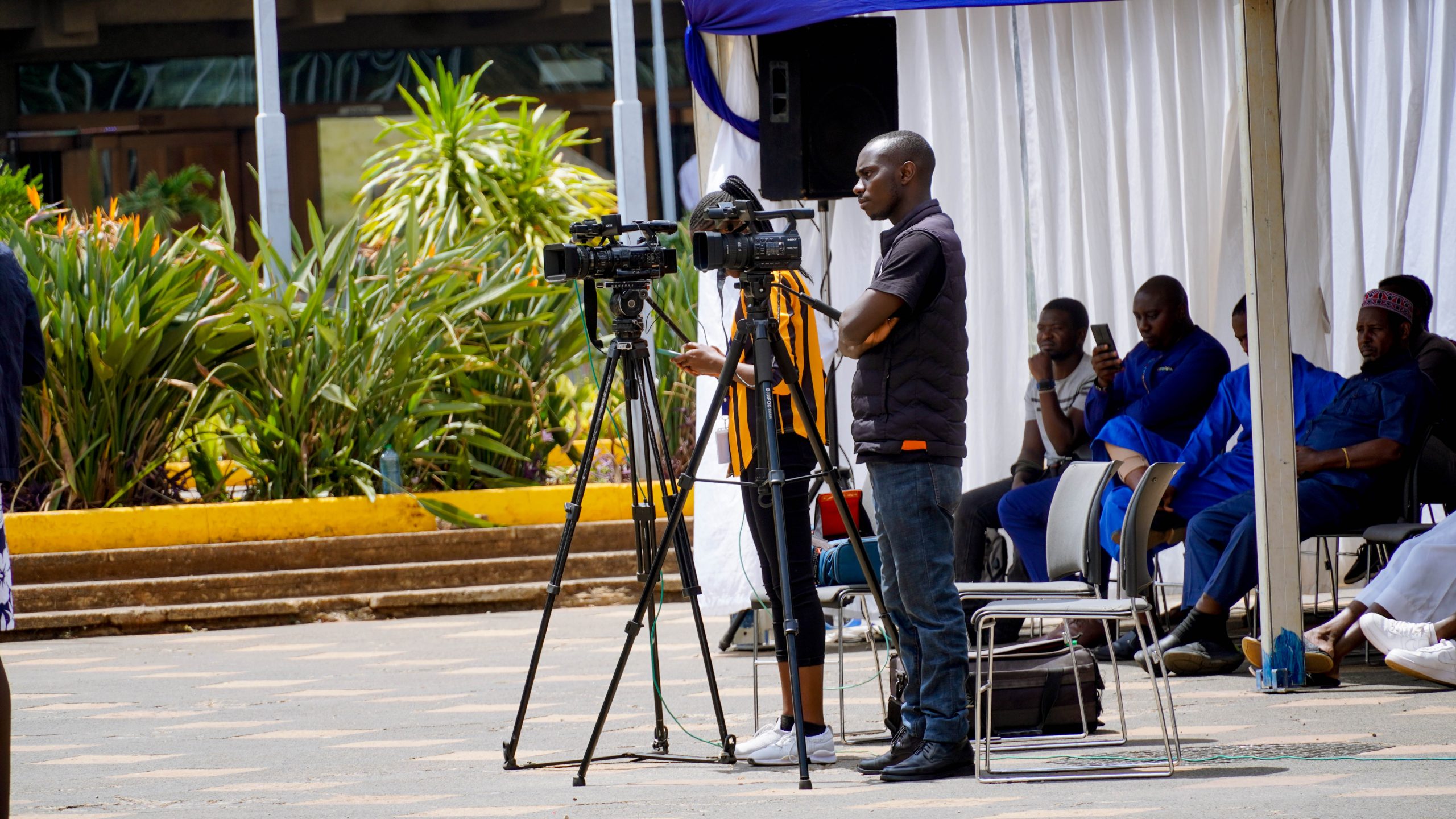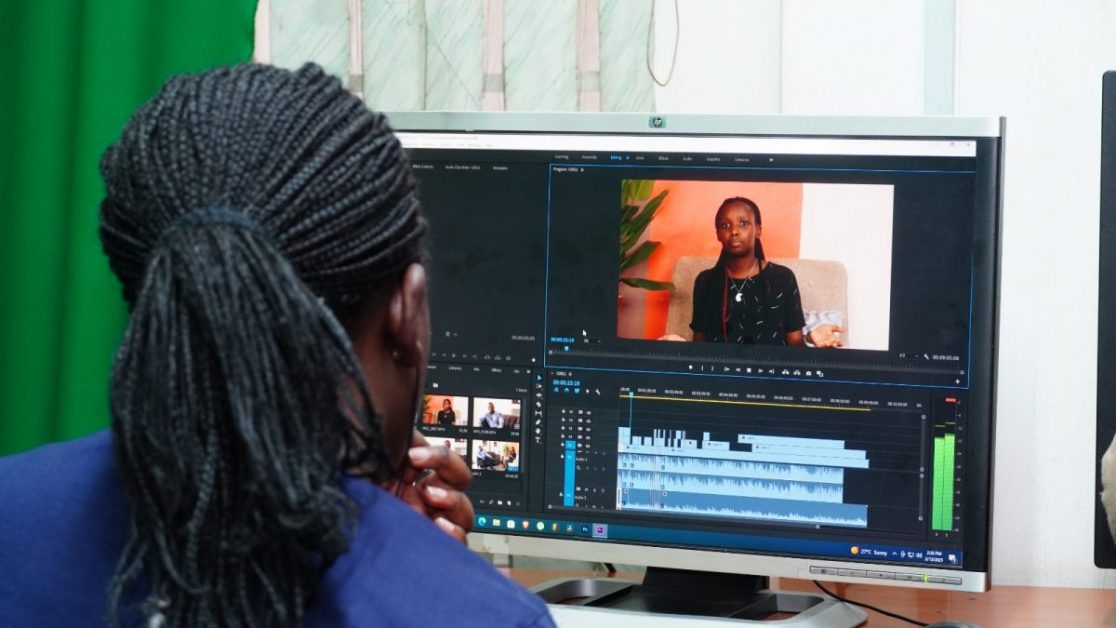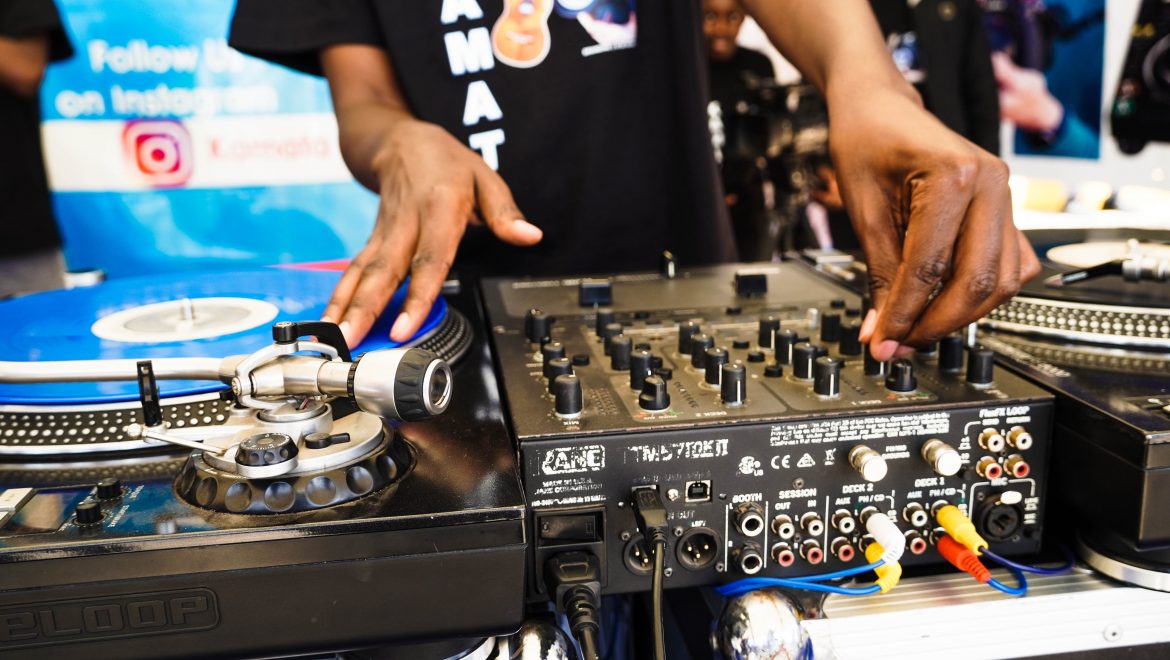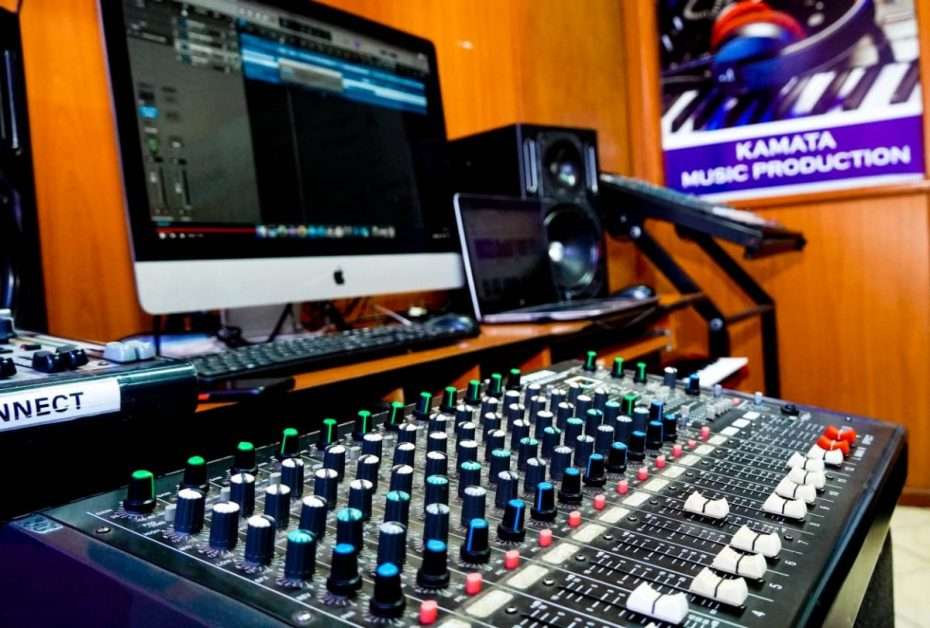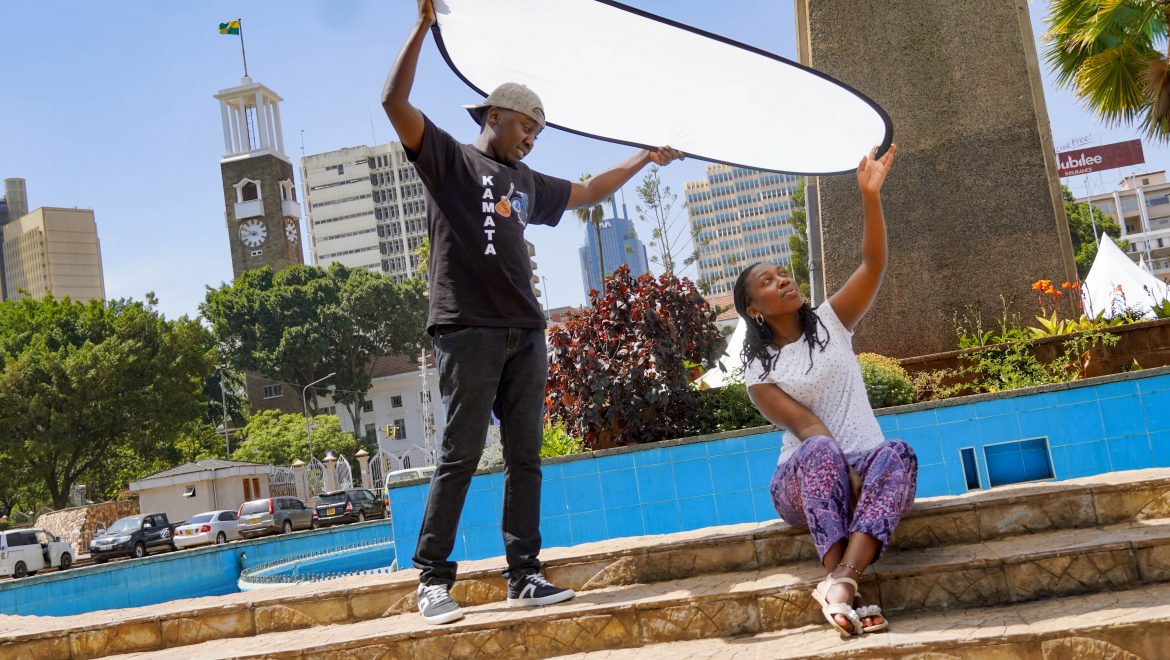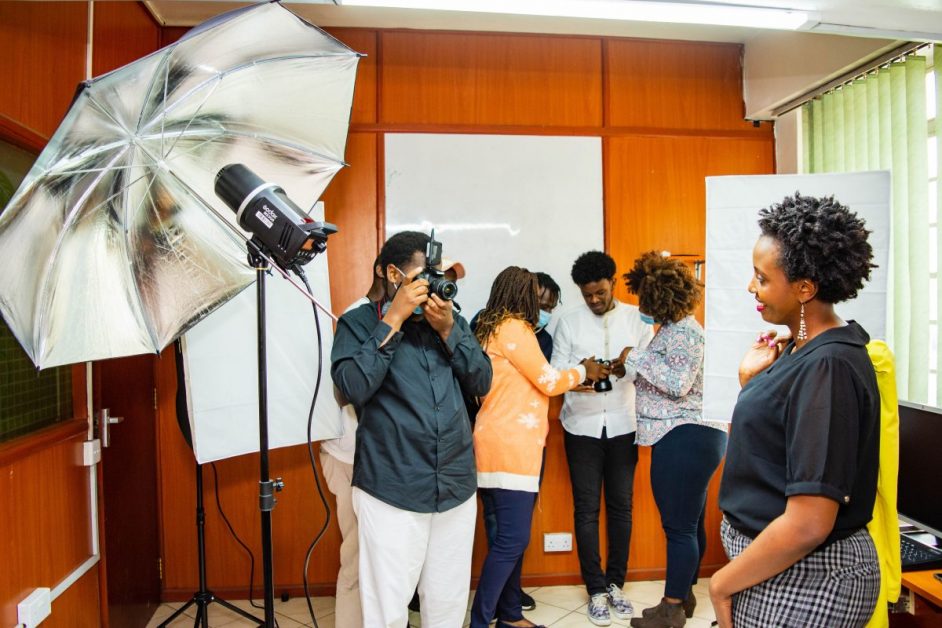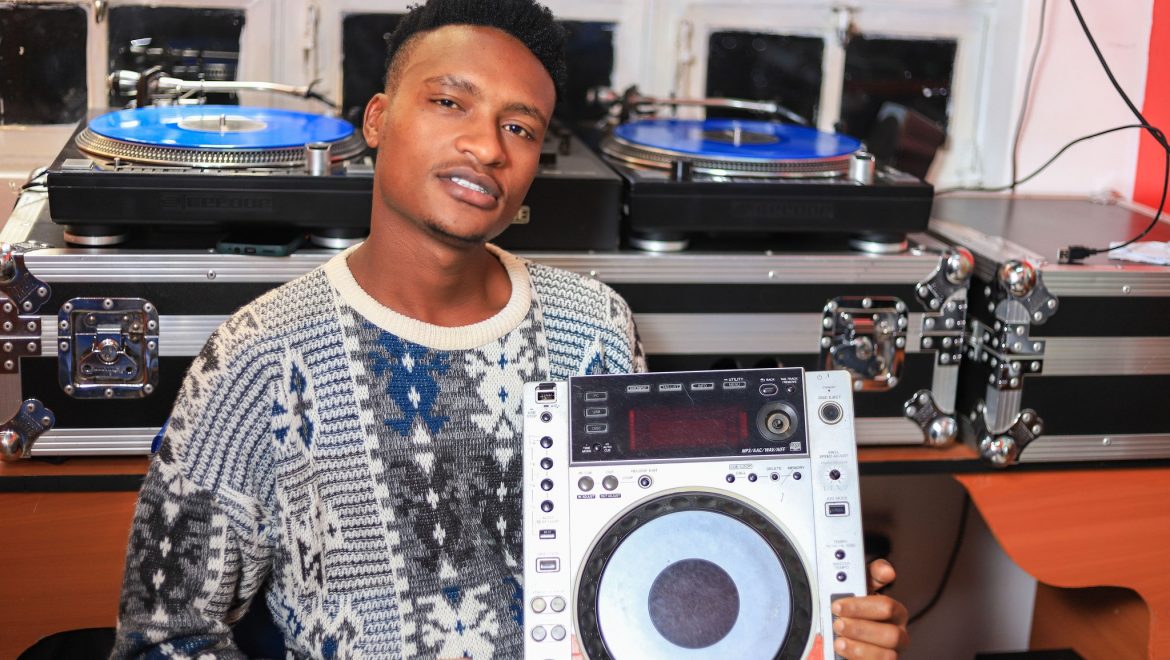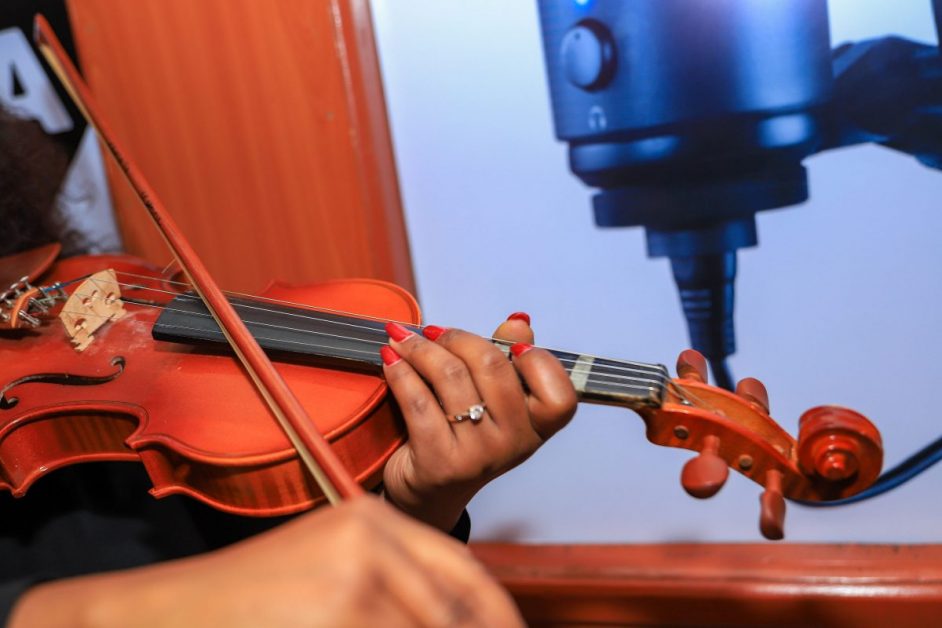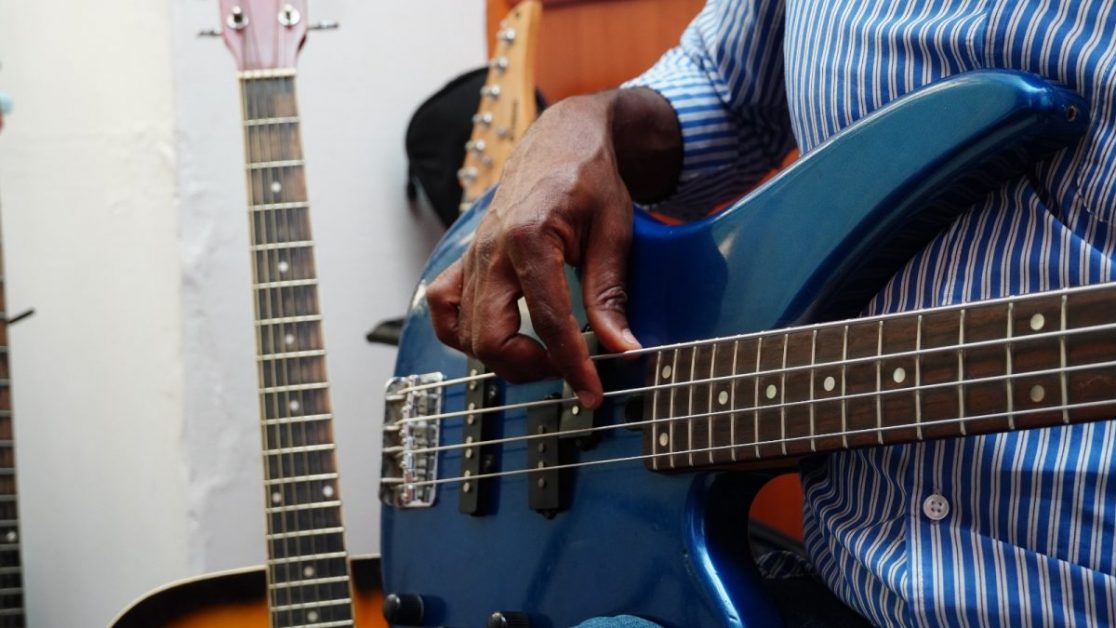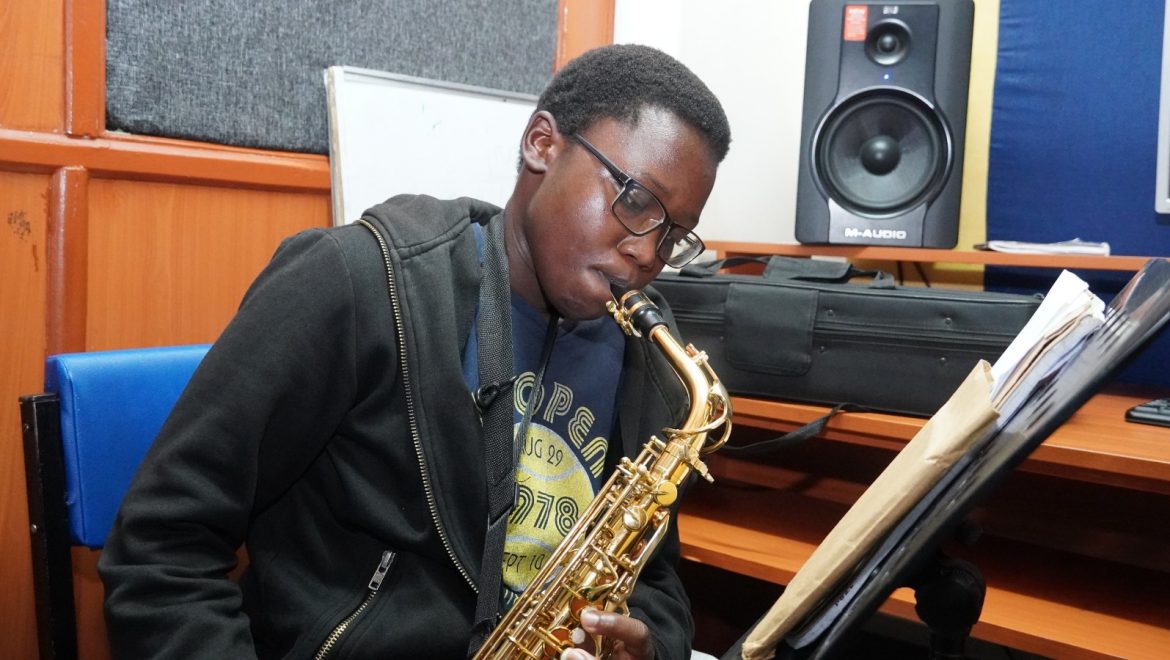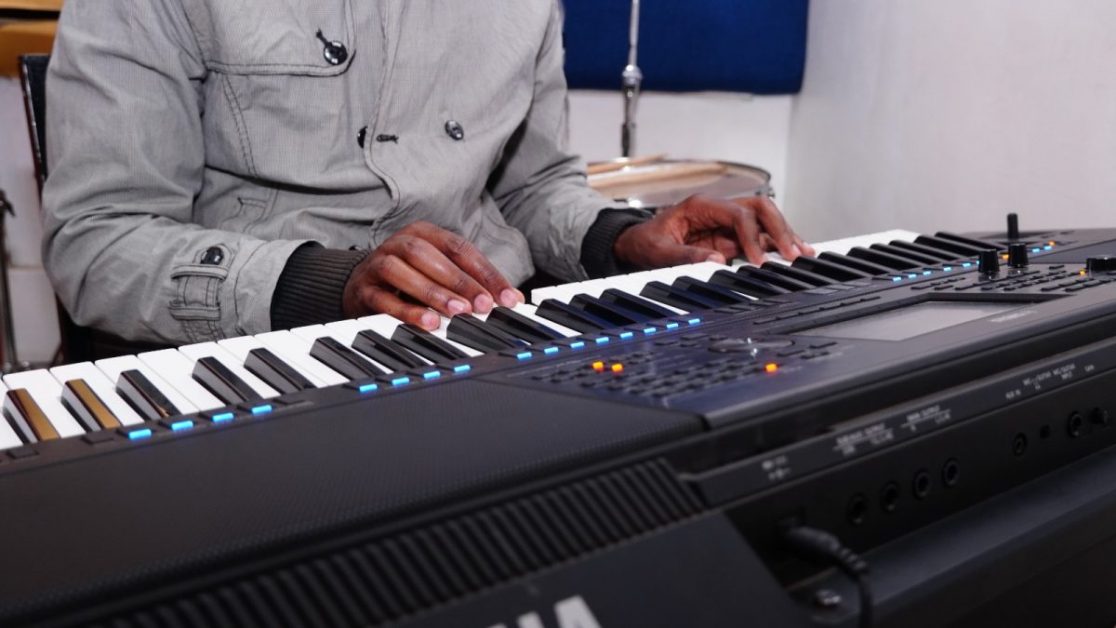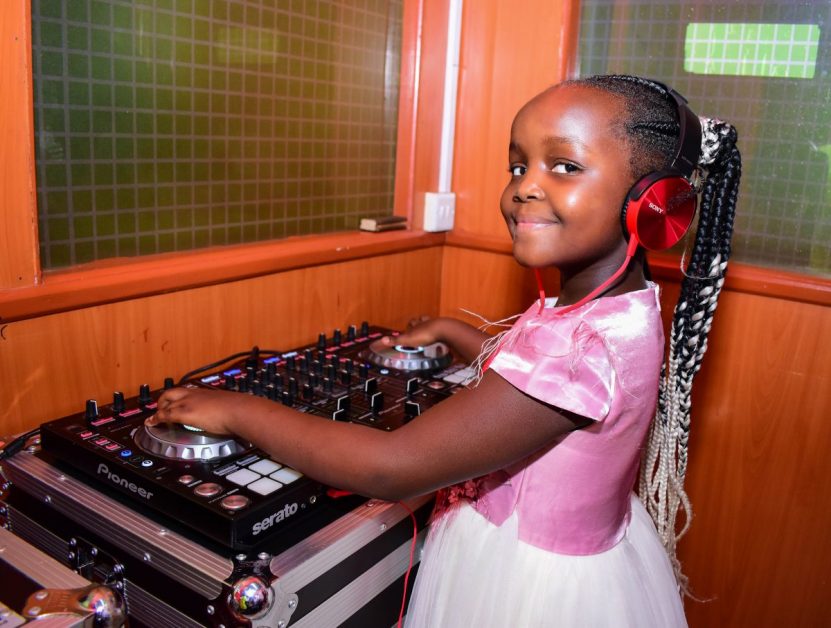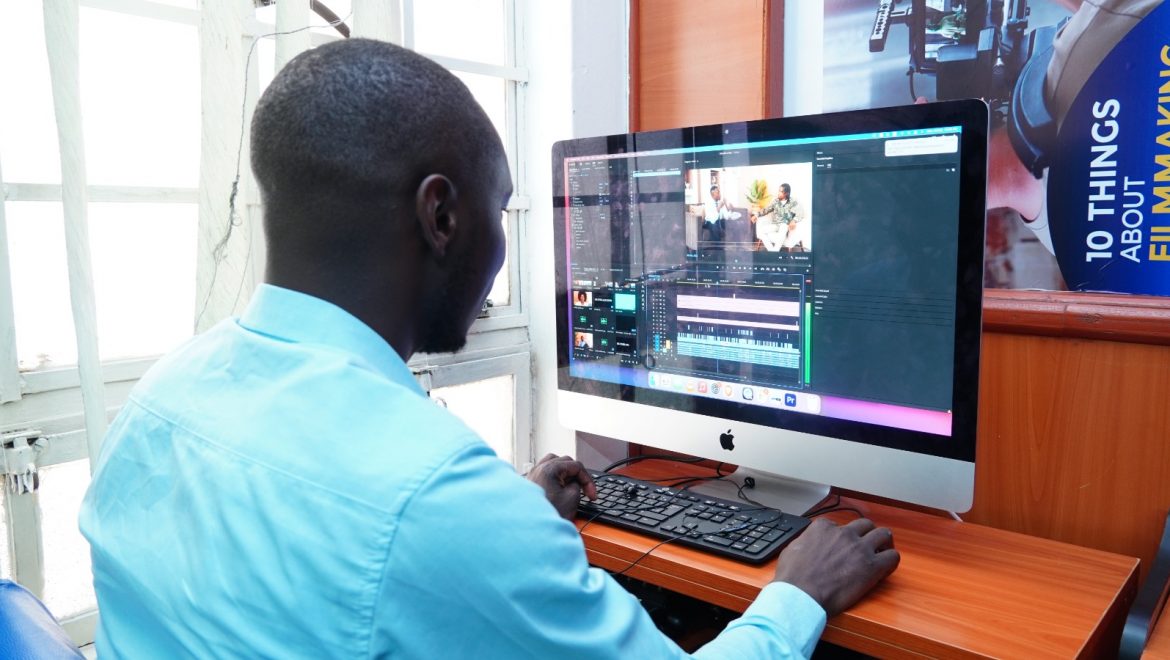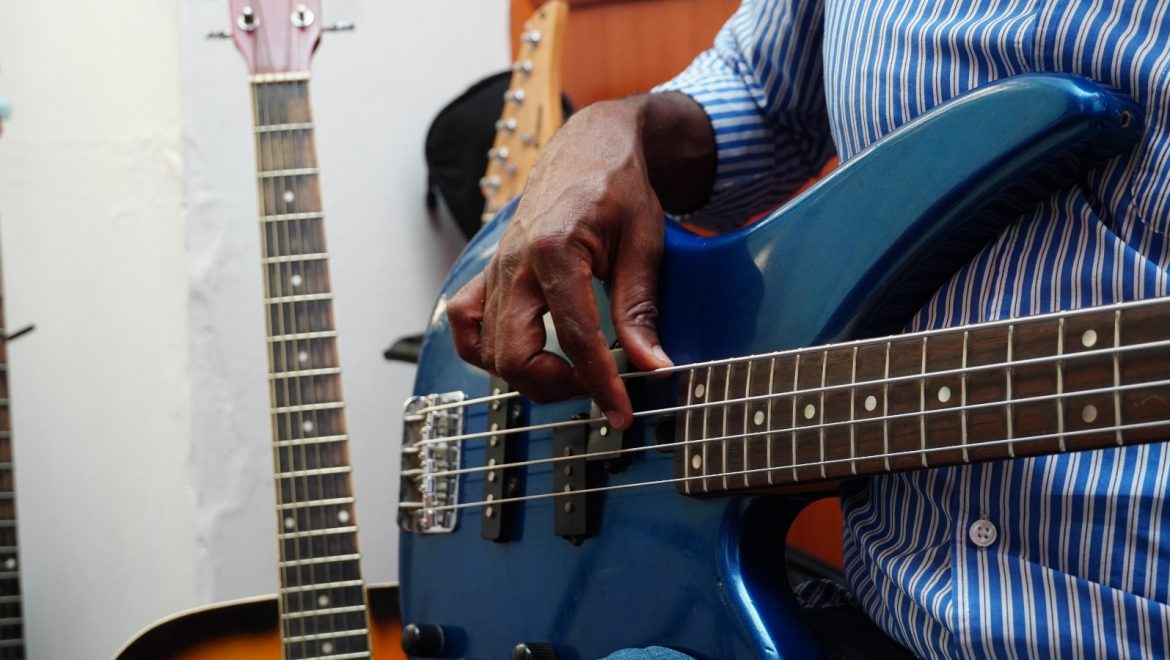Best Cameras For Photos and Videos 2023 | KAMATA SCHOOL
Best Cameras For Photos and Videos 2023
Best cameras for Photos and videos in 2023 are a common inquiry we receive as a photography and videography school. With new camera models being released every year, it can be overwhelming to choose the right one. Therefore, in this blog post, we will share with you the best cameras for photos and videos in 2023.
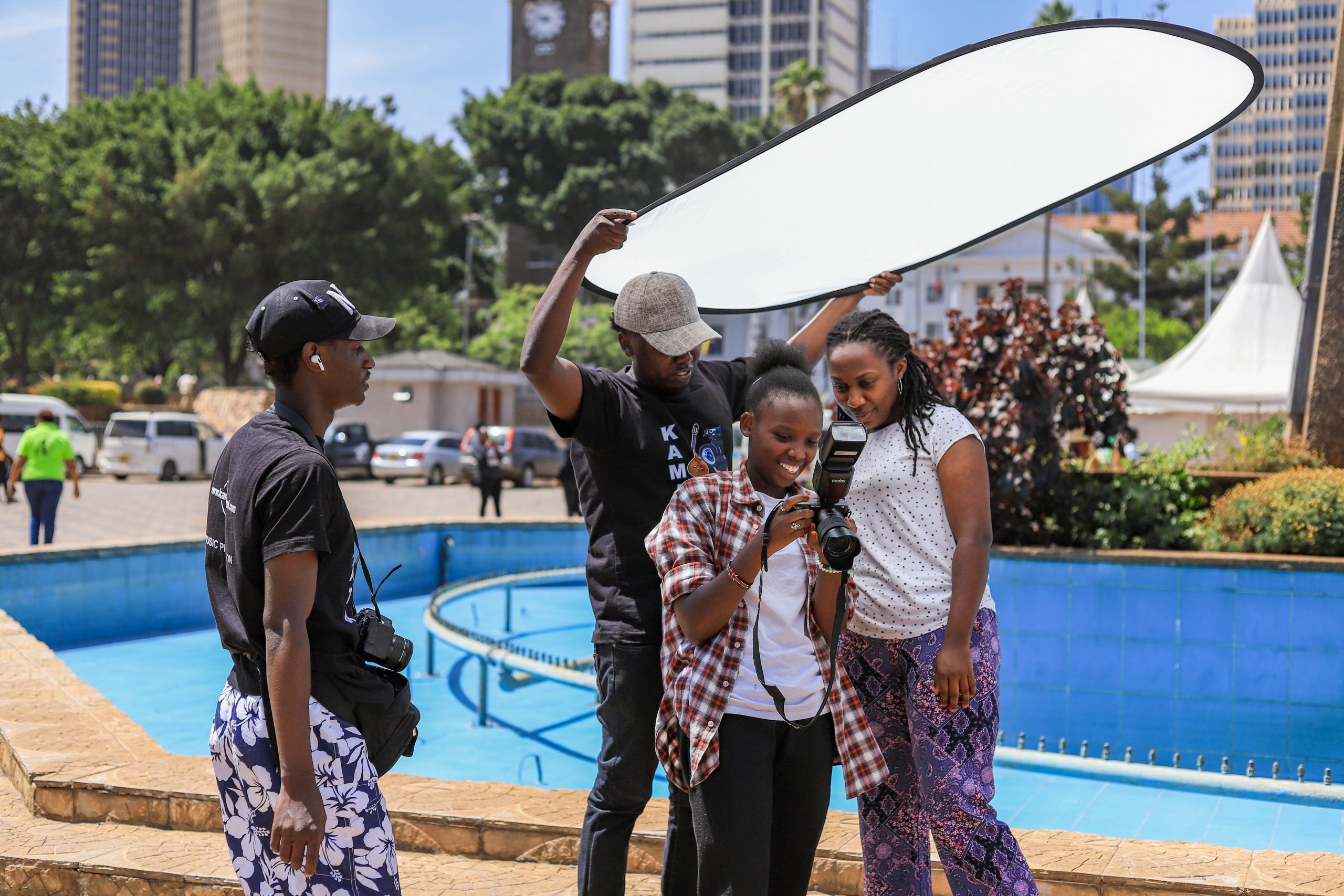
Best Cameras For Photos and Videos
-
Sony A7S III
The Sony A7S III is a full-frame mirrorless camera ideal for photography and videography. It has a 12.1-megapixel sensor that produces high-quality images even in low-light conditions. The camera also has 4K video recording capabilities at 120 frames per second, making it perfect for slow-motion shots.
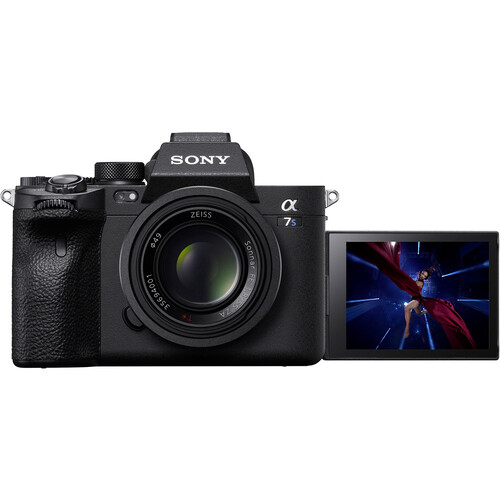
-
Canon EOS R5
The Canon EOS R5 is another full-frame mirrorless camera great for photos and videos. It has a 45-megapixel sensor that produces stunning images with excellent detail. In addition, the camera also has 8K video recording capabilities, making it perfect for filmmakers.
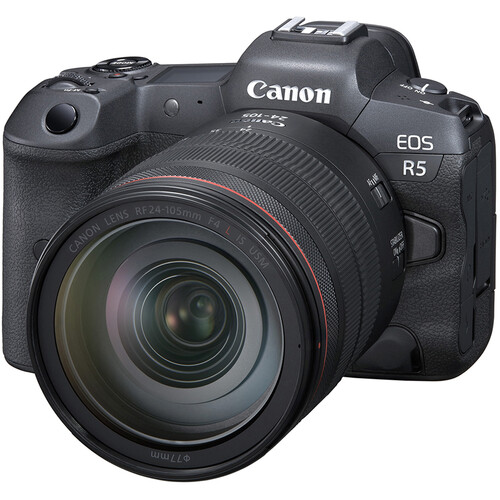
-
Nikon Z6 II
The Nikon Z6 II is a full-frame mirrorless camera perfect for photography and videography. It has a 24.5-megapixel sensor that produces high-quality images with excellent detail. The camera also has 4K video recording capabilities at 60 frames per second, making it perfect for capturing fast-paced action.
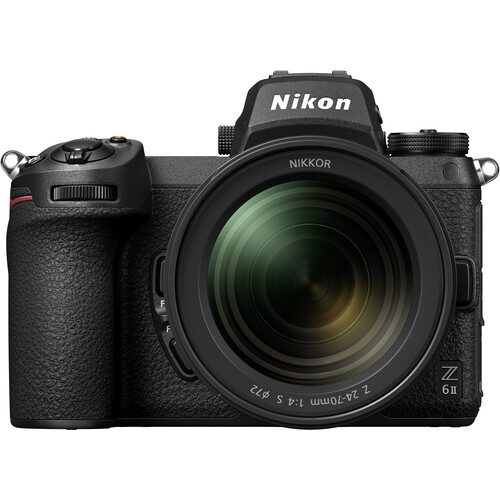
-
Panasonic Lumix GH5
The Panasonic Lumix GH5 is a micro four-thirds mirrorless camera that is great for photography and videography. It has a 20.3-megapixel sensor that produces high-quality images with excellent detail. The camera also has 4K video recording capabilities at 60 frames per second, making it perfect for capturing fast-paced action.
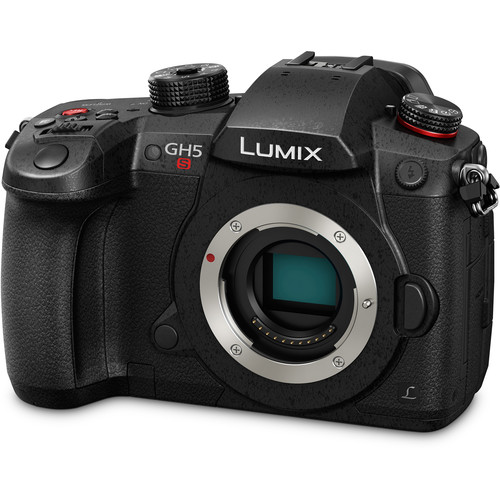
-
Fujifilm X-T4
The Fujifilm X-T4 is an APS-C mirrorless camera that is great for both photography and videography. Also, it has a 26.1-megapixel sensor that produces high-quality images with excellent detail. Additionally, the camera also has 4K video recording capabilities at 60 frames per second, making it perfect for capturing fast-paced action.
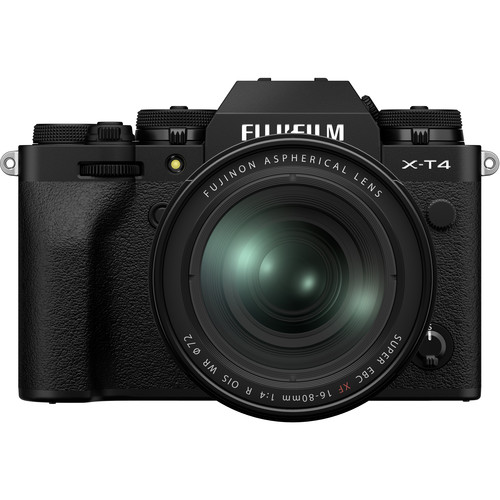
In conclusion, these are the best cameras for photos and videos in 2023. When choosing a camera, consider your specific needs and budget. It’s important to invest in a camera that meets your requirements and has features that are important to you. Remember, the best camera for you is the one that you are comfortable using and produces the results you desire.


